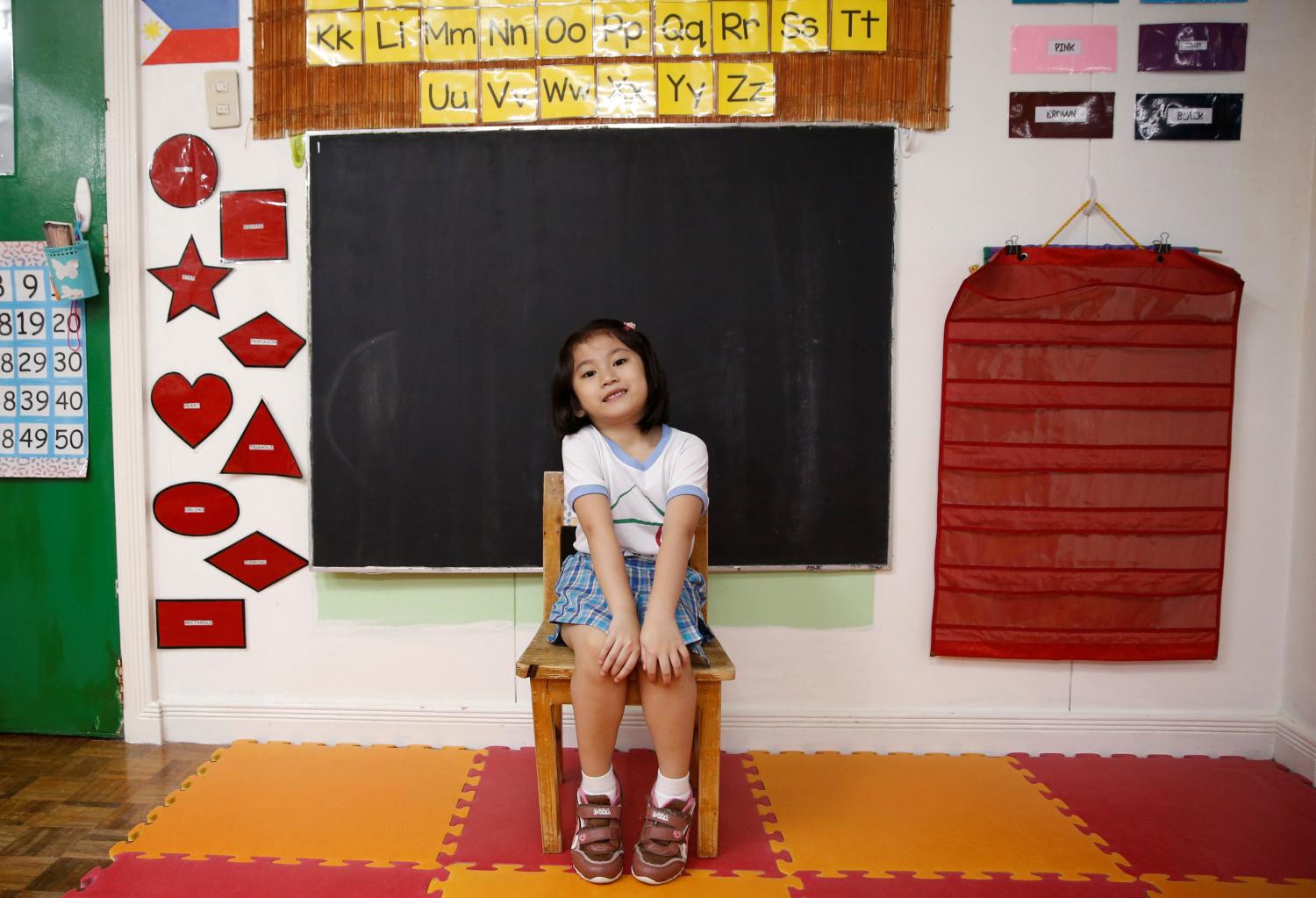Over the past two decades, countries worldwide have substantially increased investment in education, primarily channeled toward initiatives to improve access to schooling and expand associated inputs—classrooms, teachers, textbooks—to serve a growing number of students. However, learning levels remain low and, despite gains in education spending and enrollment, many countries suffer from high rates of teacher absenteeism, leakages in funding, mismanagement, low accountability, and poor parental engagement.
As a result of this quality deficit in education, demand has increased for the collection and use of more and better data to tackle corruption, bolster monitoring and accountability in service delivery, enable more sophisticated decisionmaking, and facilitate a focus on results and learning. Often, these information-based initiatives are coupled with a push for decentralization to enhance school autonomy, accountability, and parental engagement, which requires robust data collection and management processes at the school level.
This paper provides an assessment of such information-based initiatives in the Philippines, broadly defined as efforts to collect, use, and publish school-level data with the goal of improving the quality of education service delivery, engaging parents and communities, strengthening accountability systems, and advancing student learning. The primary objective of this case study is to explore the unique features of the Philippine system that have spurred the introduction of information-based reforms at both the school and system levels, looking specifically at the Enhanced School Improvement Plan (E-SIP), recently enacted by the Department of Education (DepEd), and Check My School (CMS), a civil society organization-led social accountability initiative. E-SIP was implemented in 2016 and is aligned with additional improvements to accountability initiatives such as School Report Cards and School Governing Councils, as well as the introduction of the Results-based Performance Management System. CMS was introduced in 2011 by the Affiliated Network for Social Accountability in East Asia and the Pacific (ANSA-EAP), in partnership with DepEd, as a participatory monitoring and accountability effort.
This study serves to inform an ongoing research initiative at the Center for Universal Education at the Brookings Institution that aims to:
- Provide lessons to countries pursuing information-based reforms on potential challenges to implementation and strategies for capitalizing on enabling conditions.
- Clarify mechanisms of change behind information-based reforms by sharing insight into who uses what types of information to undertake what actions.
- Understand relationships and interactions between citizen-led and system-level data reforms.
This paper reviews available literature on education service delivery in the Philippines and primary-source documentation and data connected to E-SIP and CMS. In addition, Center for Universal Education researchers conducted in-person interviews with 10 key stakeholders within the education system, including representatives from within DepEd, nongovernmental organizations (NGOs), the donor community, and school officials, during a site visit to the Philippines in August 2016.
This study reviews the content, functionality, and objectives of E-SIP and CMS and outlines enabling conditions and challenges related to implementation. Because E-SIP and CMS are relatively new initiatives, this paper will not evaluate their impact or offer direct recommendations for improvement. Part 1 introduces the Philippine education system and details past and current data collection and management processes. Parts 2 and 3 review the Enhanced School Improvement Plan and Check My School, respectively, including specific strategies for execution and uptake. Part 4 discusses challenges and opportunities focusing on enabling conditions that may be necessary for the success of information-based initiatives and potential constraints to implementation. Part 5 offers a summary of conclusions.
Download the full report »
The Brookings Institution is committed to quality, independence, and impact.
We are supported by a diverse array of funders. In line with our values and policies, each Brookings publication represents the sole views of its author(s).



